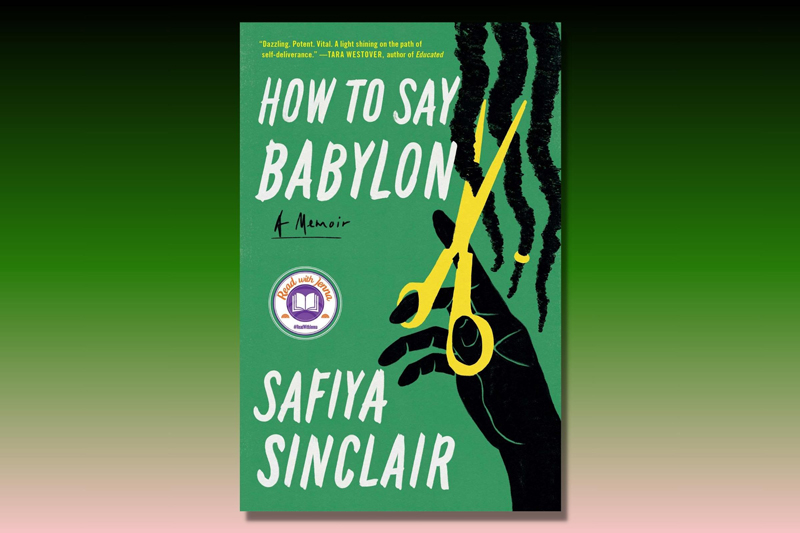Poet Safiya Sinclair grew up in a militant Rastafarian household in Jamaica under the watchful eye of her father, who she describes as having been domineering and insistent on purity above all else. Sinclair writes that her father feared that “Babylon,” the Rasta term for Western society, would corrupt his daughters. Her debut memoir, How to Say Babylon, is a reflective and compassionate recounting of how she broke away from her father and his beliefs to become her own person. A published poet at 16, writing was Sinclair’s salvation from the pressure her father, a talented but struggling musician, put on her to be the perfect Rasta daughter. “I was too headstrong, too curious,” she writes. “Too much of myself, and not enough of him.” It is only by excavating her own past, her own need for rebellion, that Sinclair begins to understand her father’s embrace of a religious and political movement that has long been a persecuted minority in her home country. In songlike prose, she describes how they were both looking for liberation, and how she believes only one of them has found it. —Shannon Carlin
Buy Now: How to Say Babylon on Bookshop | Amazon
- The 100 Most Influential People of 2024
- How Far Trump Would Go
- Why Maternity Care Is Underpaid
- Scenes From Pro-Palestinian Encampments Across U.S. Universities
- Saving Seconds Is Better Than Hours
- Why Your Breakfast Should Start with a Vegetable
- Welcome to the Golden Age of Ryan Gosling
- Want Weekly Recs on What to Watch, Read, and More? Sign Up for Worth Your Time
